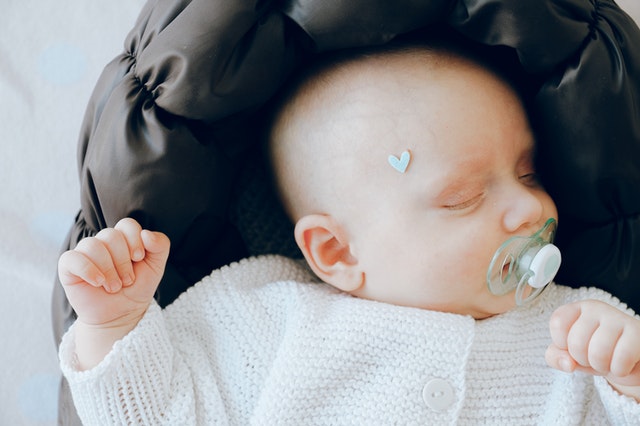When you’re pregnant, there are a lot of things to learn. One thing that may be confusing is what a bib dummy is. Also known as a soother or pacifier, a bib dummy is a device used to calm and soothe babies. It is inserted into the baby’s mouth and helps to satisfy their sucking reflex. Here, we explain everything you need to know about bibs dummy Australia for newborns.
What Is A Bibs Dummy?
A bibs dummy Australia, also known as a pacifier, is a device used to comfort and soothe a baby. They come in many different shapes and sizes, but all dummies have one common goal: to provide relief for a fussy infant. Bibs dummies are specifically designed for newborns and are made from soft, absorbent materials. They help to keep your little one’s clothes clean and dry by catching drool and spit-up. Most importantly, they provide a sense of security and calmness for the baby. If you are expecting a child, be sure to pick up a few bibs dummies to have on hand for those early months.
What is so good about BIBS dummies?
BIBS dummies are a popular baby accessory. They are designed to look like a bib and keep the baby in place while eating or drinking. This is especially helpful when babies have trouble with self-feeding, which can lead to choking.
Many parents find them useful for their children because they help to keep their clothes clean and dry, so they can be used as an alternative to bibs and blankets.
BIBS dummies come in many different styles, colors, and sizes for babies of all ages. They are also machine washable and reusable so that you won’t have to buy new ones every time your child grows out of them.
There are many brands of baby bibs dummies available on Amazon and other retailers, but some of them are better than others. The best ones have a soft fabric that is gentle on delicate skin and easy to clean with a wet wipe or cloth.

How To Use A Bibs Dummy
Here are a few tips on how to use a pacifier safely and effectively:
- Wait until your baby is at least six months before using a pacifier.
- Only give your baby a pacifier when they are calm and sleepy.
- Never force your baby to take a pacifier.
- If your baby rejects the pacifier, don’t worry – it will eventually catch on.
- Don’t let your baby use a pacifier for more than an hour at a time.
- When you’re not using the pacifier, keep it in a safe place where your baby can’t reach it.
- Make sure the pacifier is clean and free of debris before giving it to your baby.
- Don’t attach the pacifier to a string or cord, as it could be a choking hazard.
- Don’t let your baby sleep with the pacifier in their mouth, as it could cause dental problems down the road.
How Do You Know If Your Baby Needs A Bibs Dummy?
If your baby is fussy or cries more than usual, she might need a pacifier. Baby can’t seem to calm down without one, that’s another sign she needs it. If your baby is frequently sucking on his or her fingers or hands and also has trouble falling asleep or staying asleep, then a pacifier may help.
But note that most babies don’t need a pacifier until they are about 4 months old. After that, some babies might still need one to help them fall asleep or calm down. If your baby is under 6 months old, you should wait to give her a pacifier until she has learned how to suck from a bottle or breast.
In general, babies under six months of age do not typically need a pacifier. If your baby is older than six months and still needs a pacifier to fall asleep or stay calm, then there may be an underlying issue that needs to be addressed.
When Should You Stop Using A Dummy?
There’s no right answer as to when you should stop using a pacifier, but there are a few things to keep in mind. The most important thing is to listen to your child – they’ll let you know when they’re ready to give it up. Other things to consider include:
-How often is the pacifier used? If it’s only being used at bedtime or during naps, it’s probably not going to be a big deal if your child gives it up later on. But if the pacifier is constantly in their mouth, they may have a harder time giving it up.
-How old is your child? The earlier you can get them off of the pacifier, the better. But even if they’re older, it’s not too late – many kids give up their pacifiers without any problems.











